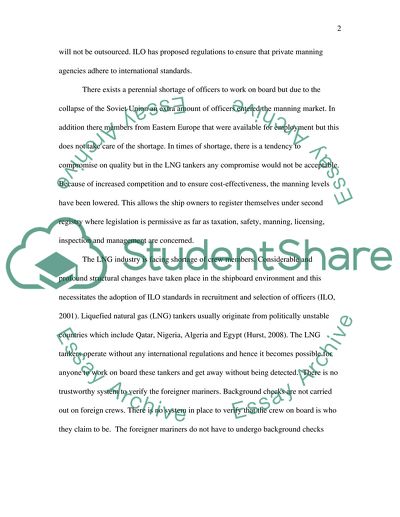Cite this document
(“Human Resource Strategy for a Ship Management Company Term Paper”, n.d.)
Human Resource Strategy for a Ship Management Company Term Paper. Retrieved from https://studentshare.org/human-resources/1720687-human-resource-strategy-for-a-ship-management-company
Human Resource Strategy for a Ship Management Company Term Paper. Retrieved from https://studentshare.org/human-resources/1720687-human-resource-strategy-for-a-ship-management-company
(Human Resource Strategy for a Ship Management Company Term Paper)
Human Resource Strategy for a Ship Management Company Term Paper. https://studentshare.org/human-resources/1720687-human-resource-strategy-for-a-ship-management-company.
Human Resource Strategy for a Ship Management Company Term Paper. https://studentshare.org/human-resources/1720687-human-resource-strategy-for-a-ship-management-company.
“Human Resource Strategy for a Ship Management Company Term Paper”, n.d. https://studentshare.org/human-resources/1720687-human-resource-strategy-for-a-ship-management-company.


